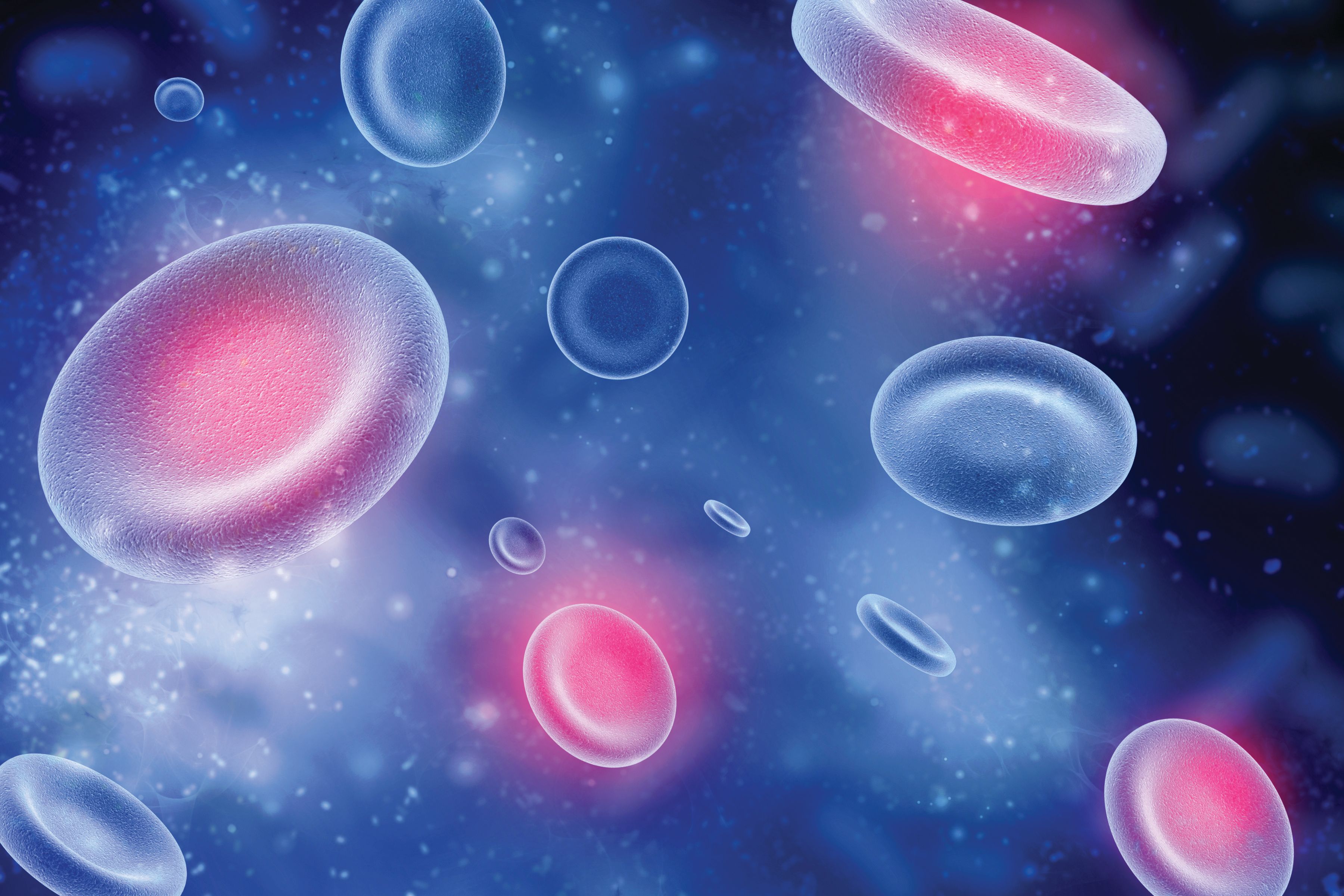Ibrutinib/Nivolumab Shows Clinical Activity in R/R CNS Lymphoma
Among 18 patients with central nervous system lymphoma treated with the ibrutinib/nivolumab combination regimen, 3 had remission beyond 2 years.
At a median follow-up of 31 months, the median progression-free survival and overall survival among all patients treated with the combination regimen was 6.5 months and 21.0 months, respectively.

Treatment with ibrutinib (Imbruvica) plus nivolumab (Opdivo) exhibited clinical activity and was well tolerated in a small cohort of patients with relapsed/refractory central nervous system (CNS) lymphoma, according to findings from a single-arm phase 2 trial (NCT03770416) published in Blood Advances.
Efficacy data revealed that the best objective response rate (ORR) was 77.8% (n = 14 of 18; 95% CI, 52%-94%), and 50% of patients had attained at least a complete response (CR; n = 9 of 18; 95% CI, 26%-74%). Additionally, treatment in cohort A elicited respective rates of 90% (95% CI, 55.5%-99.7%) and 60% vs 62.5% (95% CI, 24.5%-91.5%) and 12.5% (95% CI, 0.3%-52.7%; P = .008) in cohort B. The ORRs and CR rates between patients with or without germinal center B-cell (GCB) lymphoma was 50% vs 91% and 50% vs 45%, respectively.
At a median follow-up of 31 months, the median progression-free survival (PFS) and overall survival (OS) among all patients was 6.5 months (95% CI, 1.3-not reached [NR]) and 21.0 months (95% CI, 8.3-NR), respectively. The respective 1-year PFS and OS rates were 42% (95% CI, 15%-67%) and 63% (95% CI, 36%-82%). Furthermore, 4 patients withdrew during a CR, including 2 due to autologous stem cell transplant consolidation and 2 due to fatigue; 3 withdrew during a partial response (PR), including 2 due to mucositis and 1 due to arthralgias. Two deaths attributable to transplant-related complications and COVID-19 occurred with CR after 4 therapy cycles.
Of note, 3 patients experienced remission for more than 2 years, all whom had primary CNS lymphoma. Of those who experienced remission beyond 2 years, one had GCB disease, another did not, and the third was unable to be classified due to limited sample availability.
“The combination of ibrutinib and nivolumab for the treatment of relapsed/refractory CNS lymphoma showed a high ORR of 77.8%, and responses were durable for [more than] 2 years without further treatment in 17% of patients,” primary investigator Dai Chihara, MD, PhD, an associate professor of the Department of Lymphoma and Myeloma in the Division of Cancer Medicine at The University of Texas MD Anderson Cancer Center, wrote in the publication with study coinvestigators. “The trial was unfortunately closed because of slow recruitment, showing the significant challenge of clinical investigation in CNS lymphoma and accentuating the unmet need of biology-driven, well-designed studies that maximize the sample size of small patient numbers. In future trials, newer technology, such as circulating tumor DNA, should be used to overcome the challenge of sample collection to further characterize CNS lymphoma and to evaluate the mechanism of response and resistance to various treatments.”
Patients in the first study cohort (cohort A) received 560 mg of oral ibrutinib daily for one 28-day cycle followed by ibrutinib plus 240 mg of intravenous nivolumab biweekly thereafter. The subsequent cohort (cohort B) was dosed with the same combination regimen starting at the initial cycle. Those who attained a PR or greater after 6 treatment cycles continued therapy for a maximum of 2 years or until disease progression or unacceptable toxicity.
The median age was 63 years (range, 43-88), and 22% (n = 4) of patients were men. A total of 28% of patients had an ECOG performance status of 2 or greater, 44% had lactate dehydrogenase level above the upper normal limit, and the median time from diagnosis was 14.9 months (range, 3.8-193).
In total, 89% of patients had primary CNS lymphoma vs 11% with secondary CNS lymphoma and 22% had confirmed GCB disease vs 56% who did not. The median number of previous therapy lines was 2 (range, 1-4), 17% had undergone previous transplantation, 11% had received previous chimeric antigen receptor T-cell therapy, and 55% had disease refractory to previous treatment.
The primary end point of the phase 2 portion of the study was best ORR of the combination regimen. Secondary end points included cohort-specific ORR, best CR rate, 1-year PFS and OS, and safety.
Treatment-related adverse effects (TRAEs) occurred in 100% of patients, with 50% experiencing at least 1 grade 3 or 4 TRAE. No grade 5 toxicities were observed. Common any-grade AEs included fatigue (50%), nausea (33%), and mucositis (28%). Grade 3 to 4 AEs included 2 instances each of neutropenia and oral mucositis as well as single instances of pneumonitis, arthritis, and maculopapular rash. Two discontinuations of nivolumab occurred due to arthritis and rash flare-ups, and no atrial fibrillation or bleeding events were observed in the trial.
Reference
Chihara D, Steiner RE, Nair R, et al. Phase 2 trial of ibrutinib and nivolumab in patients with relapsed CNS lymphomas. Blood Adv. 2025;9(7):1485-1491. doi:10.1182/bloodadvances.2024014635
Highlighting Insights From the Marginal Zone Lymphoma Workshop
Clinicians outline the significance of the MZL Workshop, where a gathering of international experts in the field discussed updates in the disease state.